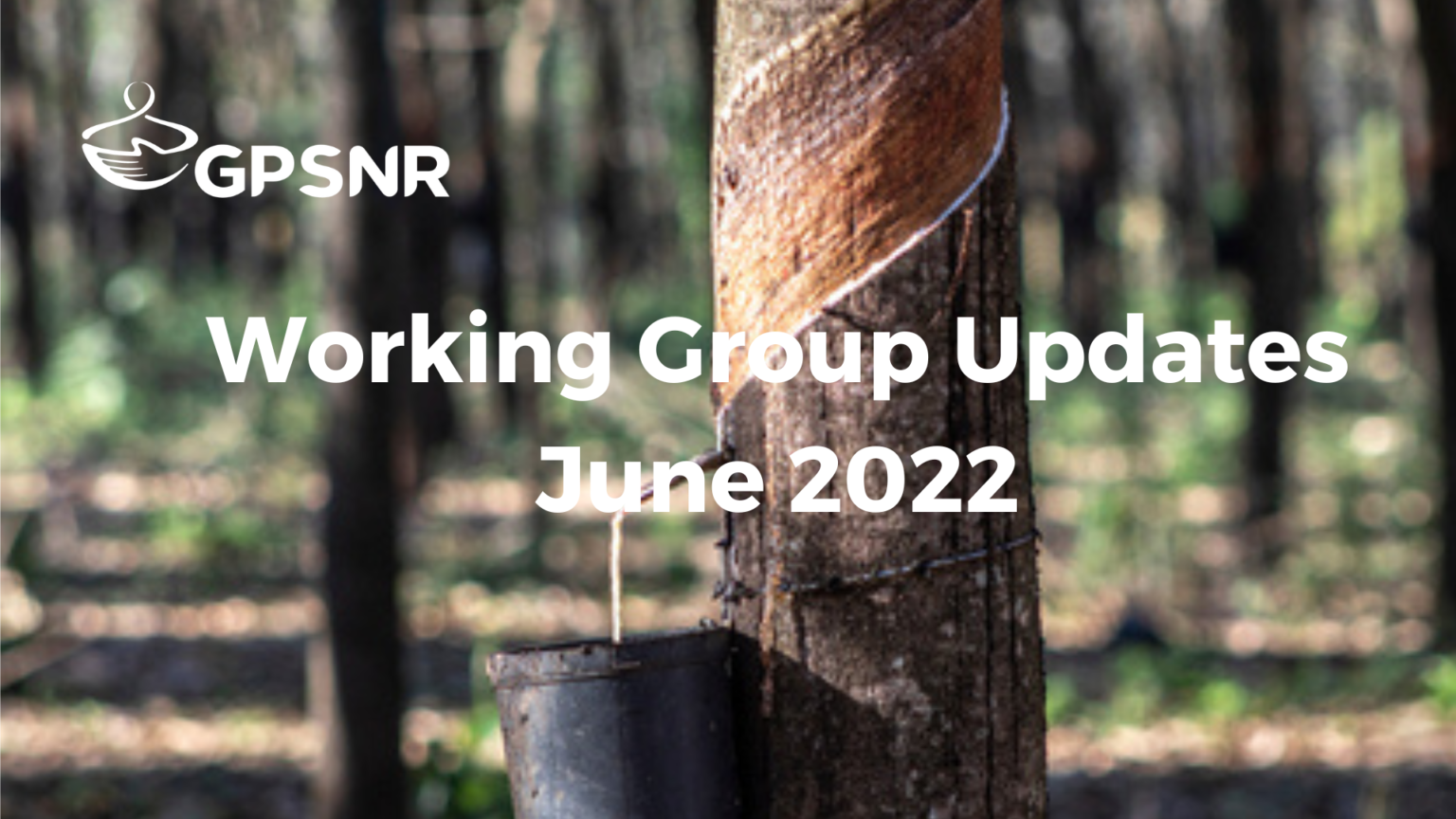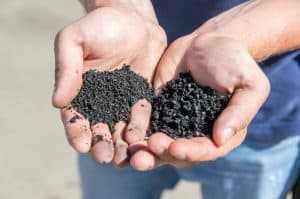Here are all their updates from the last month:
Strategy and Objectives Working Group
For the strategy and objectives working group, the development of the assurance model will be on priority for the next few months. To this end, they have finalised the draft terms of reference for an Assurance Model taskforce, which will be presented to the Executive Committee in their next meeting. Once approved, recruitment will begin extensively. The risk subgroup is also finalizing a document to be shared with the Executive Committee for their feedback.
Smallholder Representation Working Group
The group has submitted a resolution ahead of the July 22 General Assembly to restructure smallholder membership within GPSNR to enhance active participation. You can take a look at it in the GA Booklet here. In the next few months, they will begin planning smallholder workshops in Malaysia while also working on the smallholder policy equivalent. In case you missed it, they have also published an RFP recently to pilot agroforestry workshops for smallholders. Find it here. Preparations for a workshop for smallholders in Malaysia have also begun, which would be held in Q3 of 2022.
Policy Toolbox Working Group
In the last month, the group has finalised two major resolutions presented to the July General Assembly – one on the implementation guidance and the other on the disclosure requirements for year one reporting. Take a look here. Additionally, they have also finalised the guidance and templates for reporting for manufacturers and end users. If you are an end user or manufacturer who has not yet received the guidance and/or the templates, please write to the secretariat at info@gpsnr.org.
For the next couple of months, the working group will be busy with finalising the operational guidance for the compliance panel and will continue conversations on the transparent reporting roadmap for years 2 and 3.
Capacity Building Working Group
After the kick-off of the GAPs coaching project in Indonesia with SNV and Koltiva, the group is busy in the development of GPSNR’s knowledge sharing platform, which includes smallholder interviews, compiling and assessing responses of member surveys and holding focus group discussions. At the same time, they are working on advancing Capacity Building plans for Indonesia, Thailand and Côte d’Ivoire.
They have also published two key RFPs for capacity building projects in Indonesia: one on disease fighting and the other on the provision of certified planting materials.
Shared Responsibility Working Group
The Shared Responsibility working group has prepared the Shared Responsibility framework resolution ahead of the GA, which you can read here.






